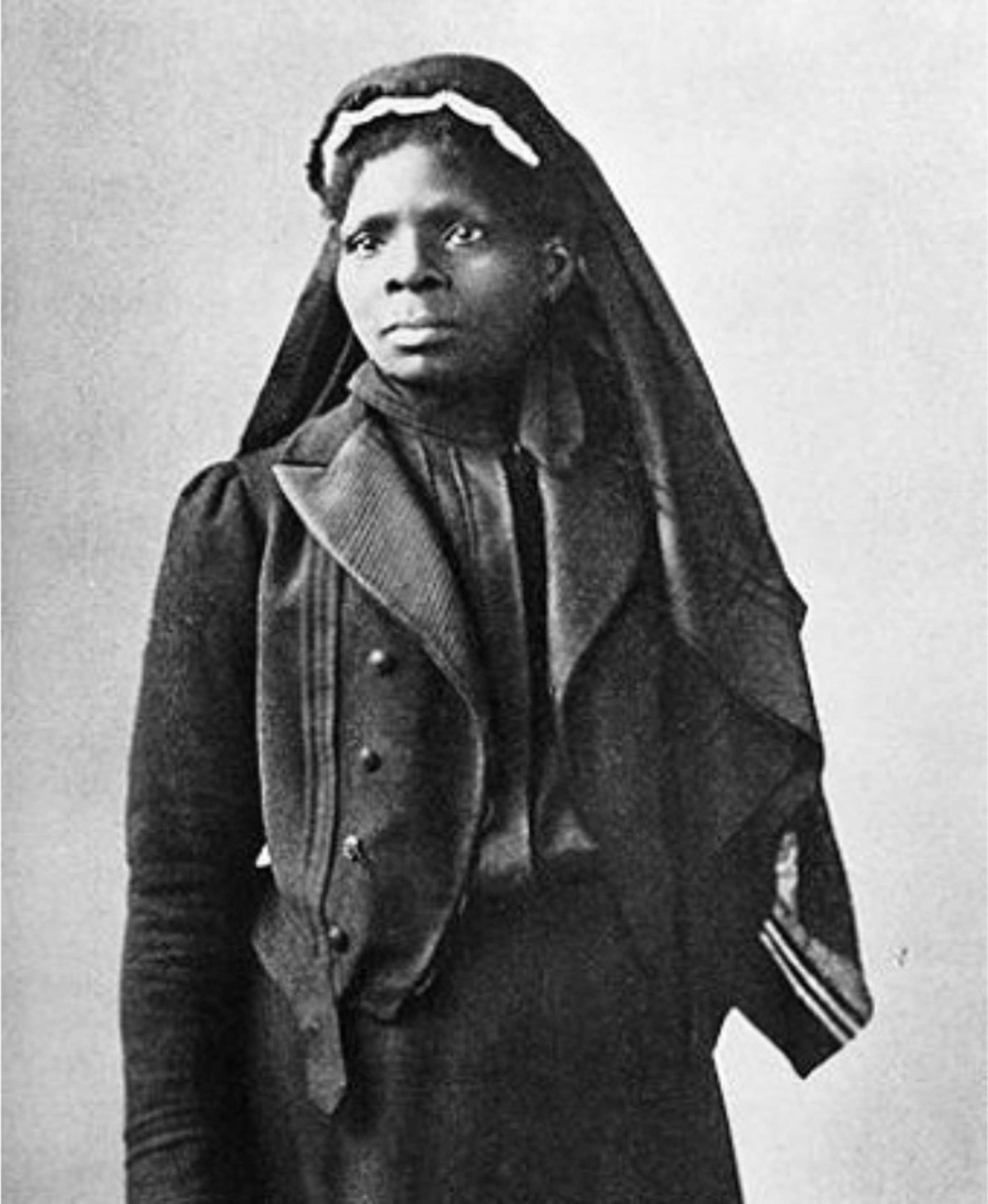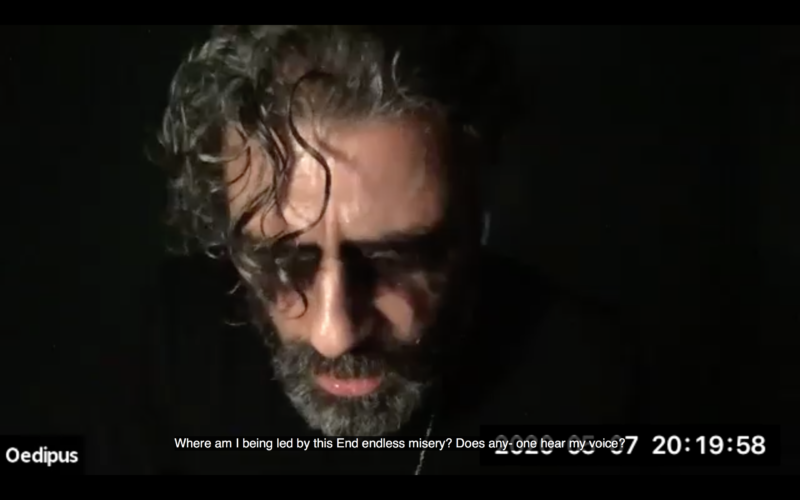About the project

The Susie King Taylor Project
Dramatic Reading of Reminiscences of My Life in Camp, by Susie King Taylor
About the play
-
Reminiscences of My Life in Camp by Susie King Taylor
In her searing memoir, Susie King Taylor—the first Black Nurse to serve in the Union Army during the American Civil War—describes her four years, without formal training or pay, caring for wounded and sick soldiers of the 33rd United States Colored Infantry Regiment. She also offers her reflections on life and conditions after the war in a powerful indictment of the Jim Crow South that speaks to the present moment with prescience and clarity.
The Susie King Taylor Project Highlights
The Susie King Taylor Project
The Susie King Taylor Center for Jubilee and on Zoom / 2023
Watch the full recording of The Susie King Taylor Project premiere, which starred Tracie Thoms and was broadcast globally with The Susie King Taylor Center for Jubilee as the central ground site. This premiere was co-presented as part of The Nurse Antigone initiative by Theater of War Productions, the Johns Hopkins School of Nursing, the Johns Hopkins Berman Institute of Bioethics, the Resilient Nurses Initiative - Maryland, and DAV (Disabled American Veterans).
Samira Wiley's invitation to The Susie King Taylor Project
2023
Explore Projects
-
 RacismAntigone in Savannah
RacismAntigone in SavannahDramatic readings of Sophocles’ Antigone with live music to frame powerful dialogue about honoring the dead and healing historical wounds.
-
Caregiving & DeathThe Nurse Antigone
A groundbreaking project by and for nurses, The Nurse Antigone presents dramatic readings of Sophocles’ Antigone on Zoom—featuring professional actors and a chorus of frontline nurses—to help frame powerful, guided discussions about the unique challenges faced by nurses before, during, and after the COVID-19 pandemic.
-
 Pandemic & Climate CrisisThe Oedipus Project
Pandemic & Climate CrisisThe Oedipus ProjectThe Oedipus Project presents acclaimed actors reading scenes from Sophocles’ Oedipus the King as a catalyst for powerful, constructive, global conversations about the climate crisis, ecological disaster, environmental justice, and healing online conversations about the impact of the COVID-19 pandemic upon diverse communities throughout the world. Sophocles’ ancient play, first performed in 429 BC, just after the first wave of a plague that killed nearly one-third of the Athenian population, is a story of arrogant leadership, ignored prophecy, intergenerational curses, and a pestilence and ecological collapse that ravages the archaic city of Thebes. Seen through this lens, Oedipus the King appears to have been a powerful tool for helping Athenians communalize trauma and loss, while interrogating their own complicit role in the suffering, not just of those around them but of generations to come.

